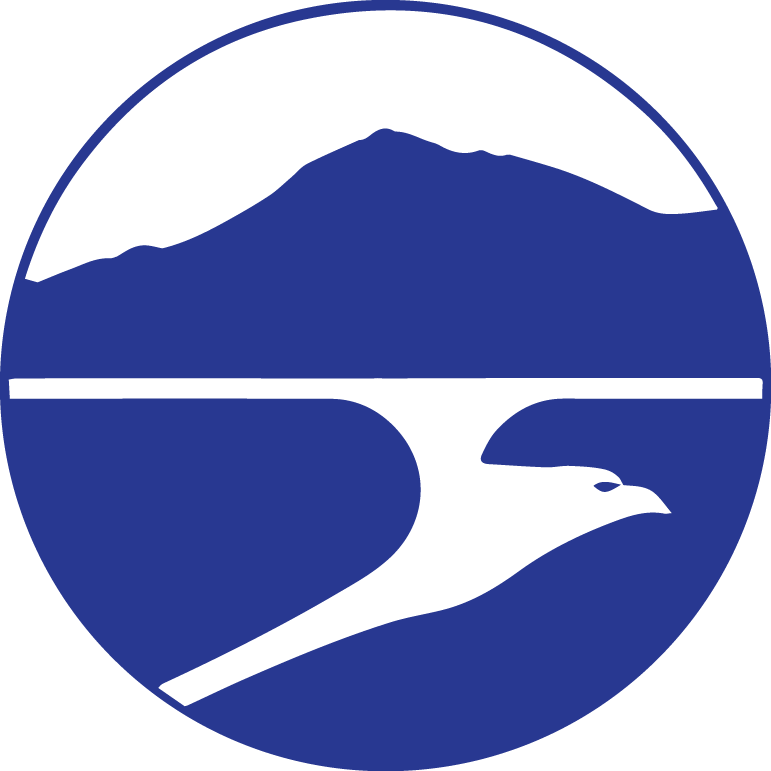History of Montessori Education
HISTORY OF MONTESSORI EDUCATION
Maria Montessori was a physician and an anthropologist. She applied her training as an impartial observer and analyst to the study of child development. She noted that individual children develop in much the same way that humans, as a group, have developed. Children use their natural tendencies to explore, communicate, and perfect skills in order to meet their basic needs and to adapt to the conditions around them, thereby contributing to their society.
Children, like society, develop in stages. Dr. Montessori’s experiments determined that by preparing environments appropriate to a child’s stage of development, the child’s innate desire to learn was not hampered. Adults in these environments connect children with materials and experiences which allow them to develop mentally, physically, and emotionally.
Dr. Montessori continued her observations and experiments throughout her life. Dr. Montessori trained adults from around the world. Her hope was that by allowing children to develop to their fullest potential, their contributions to society would lead to a peaceful world. Her philosophy of showing respect to children by preparing environments of materials, experiences, and attitudes suited to the characteristics of each stage of development is the foundation of Montessori training and practice today.
Dr. Montessori opened her first “school” outside of Rome in 1907, The Casa dei Bambini. She later worked in India, Sri Lanka, and the Netherlands. Montessori schools thrive in countries on five continents. It is estimated that there may be over one hundred thousand Montessori schools worldwide. Although initially, Montessori education in the United States was primarily in the private sector, by 1976 the first two public Montessori schools opened.
There are over five thousand Montessori schools in the United States. Ninety years of international success is the reason Montessori philosophy continues to attract parents, children and educators today. At Eagle Peak, we continue her effort to create a peaceful world. For articles on Montessori education, visit The Montessori Foundation.
The subtlety of the Montessori approach goes much deeper. As the children progress through the elementary curriculum, they find that a puzzle they were introduced to as a pre-school child can actually be used to work algebraic equations. They see that there is not simply one way to solve a multiplication or division problem. There are several materials which can be used to arrive at the answer. This knowledge can develop as they get older to understand that there is not only one way to solve even larger problems, even problems that are NOT based in arithmetic but perhaps are more philosophical in nature. This skill can help them to develop a greater sense of cooperation and encourage them to work with others, to create better solutions to the world’s concerns.
Our goal is that as Eagle Peak students move on, they have developed a deep sense of who they are and what their role is in the universe. That as they watch the world around them, they will become active participants in making that world a better place. We don’t instill this knowledge through hard-hitting messages, but through the natural flow of communication and caring for each other, that the teachers demonstrate every day with them. We help them develop these skills at the peace table, we support development of not simply the academic and intellectual side of your child, but also help lay a foundation for a a deeper development of the spirit they will carry forward with them.
We look for our students to be leaders. We look for our students to be problem solvers. We expect GREAT THINGS from each and every one of the children who pass through our gates.
